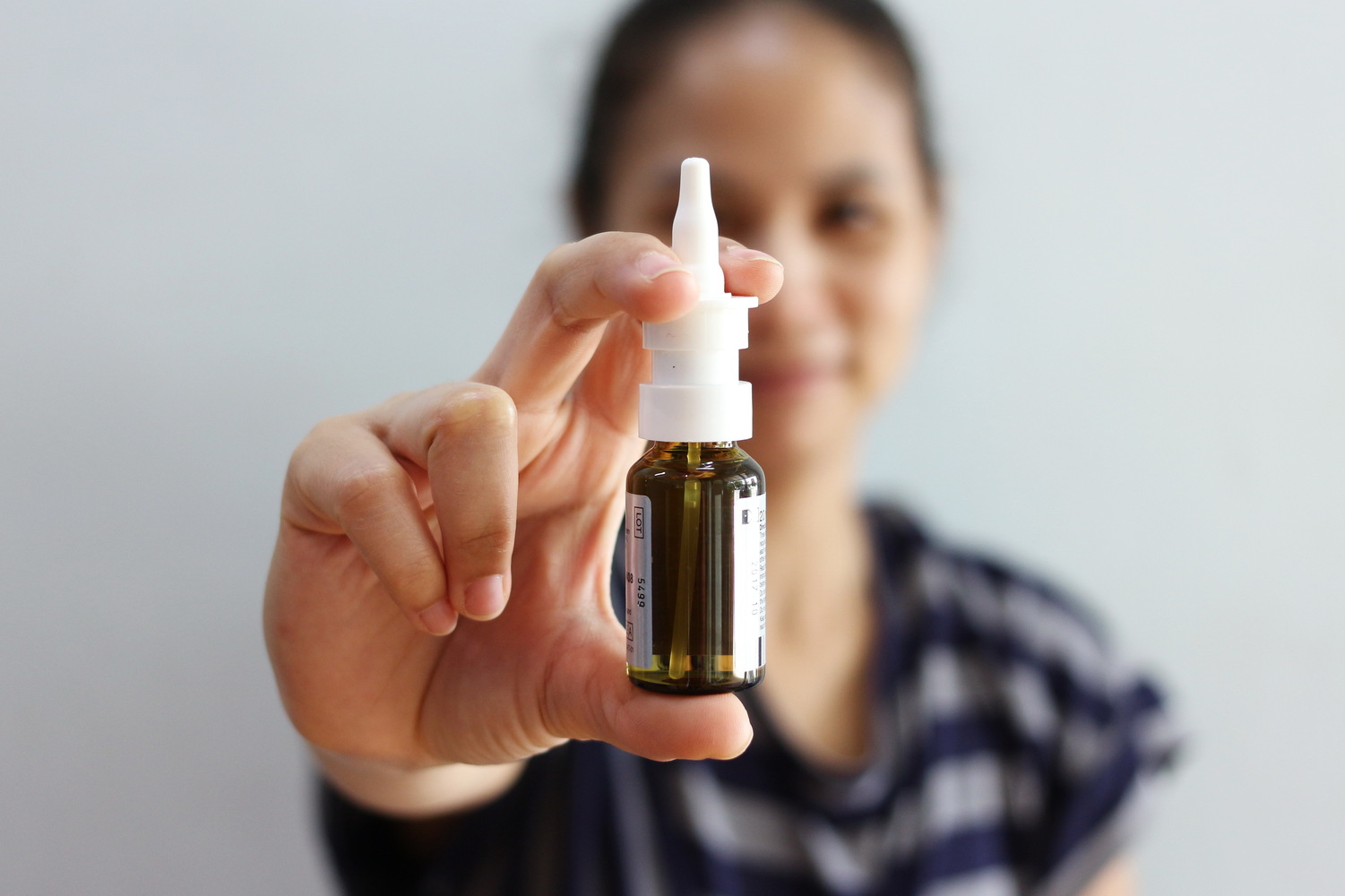
Treatments for Allergy Relief
The Center for Disease Control (CDC) has estimated that over 50 million people experience allergic reactions annually in the U.S. Allergy is a global problem that may cause chronic illnesses, which severity varies among individuals. Pollen, medication, dust, cold, and food are some of the notorious triggers of allergic reactions. Symptoms of allergies might include itching, sneezing, watery eyes, stuffiness, fever, runny nose, and rash or hives.
Due to the negative health impact allergy has had on society, various treatment options are available. How severe the allergic reaction is and what caused it will determine the appropriate medication. Here are some of the treatments effective for allergy relief:
1. Vitamin D
Using dietary vitamin D has shown promising results in treating allergic reactions. Vitamin D boosts your immunity hence reducing the probability of developing an allergic reaction. Statistics show that the instances of food allergies being reported globally are increasing. What’s worse is that food allergies are fatal if experienced by an asthmatic person. This means that the intake of vitamin D is lower since almost 50 percent of the population is cautious of what they eat, lest you develop an allergic reaction. However, even with the existence of food allergies, eating a healthy diet will go a long way in reducing the reaction occurrences.
2. Acupuncture
Natural remedies for allergies are ideal for controlling seasonal allergies and there’s an array of them. These include visiting a chiropractor, taking probiotics, detoxing, using essential oils, taking apple cider, nasal cleansing, managing stress, and acupuncture. Acupuncture is an ancient Chinese pseudoscience where tiny needles are inserted in your body for healing purposes. The World Health Organization proposes acupuncture as an effective treatment for various respiratory problems including sinusitis and asthma. It will reduce the occurrence of these seasonal allergies for healthier living.
3. Diphenhydramine (Benadryl)
Prescription allergy relief helps reduce the instances of an allergic attack while easing the symptoms after a reaction. As an antihistamine, Diphenhydramine (Benadryl) treats common cold, hay fever, and other allergies. It’s also a reliable treatment for motion sickness as it prevents vomiting, dizziness, and nausea. You can use Diphenhydramine (Benadryl) orally, as an injection, or for topical application.
4. Nasal spray
There are varieties of nasal sprays in the market with the nonprescription and prescription options available. A nasal spray is an ideal treatment when experiencing pollen allergy, mold, dust, or pet allergies. It will quickly and effectively decongest a running nose for a good feeling.
5. Cetirizine (Zyrtec)
Cetirizine hydrochloride, otherwise known as Zyrtec is one of the most reliable over-the-counter allergy treatments. As an antihistamine, cetirizine treats allergy symptoms such as itching, sneezing, running nose, etc.
6. Immunology shots
Immunotherapy is the most efficient long-term treatment for allergy reactions. It’s ideal for patients experiencing stinging insect allergy, conjunctivitis, allergic rhinitis, and allergic asthma. Allergy shots are administered for prolonged periods; three to five years. Within one year, the allergy attacks should be minimal or completely stopped. If you don’t experience any improvements after allergy shots, then you might want to consider other alternatives.
The above treatments for allergy relief will work differently for various patients. As such, if you notice that your treatment choice is ineffective, you might want to consider an alternative.


